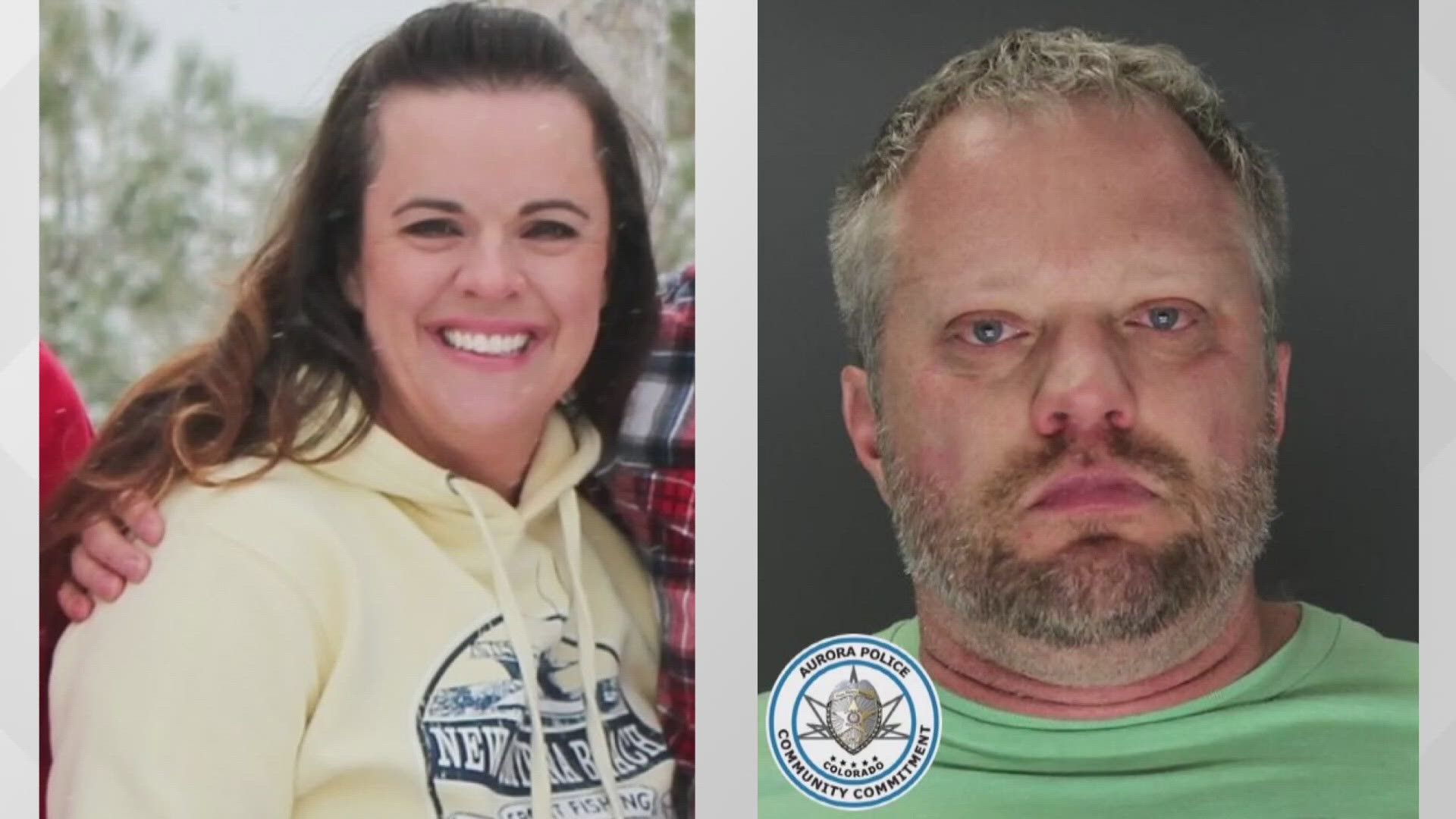AURORA, Colo. — A judge has set a $10 million cash-only bond for an Aurora dentist accused of fatally poisoning his wife earlier this year.
James Craig, 45, was granted bond in a court hearing Wednesday morning, after a Colorado Supreme Court ruling last week said judges must set bond in first-degree murder cases.
Before the ruling, people accused of first-degree murder could be given a no-bond hold because it was a capital offense. Because state lawmakers in 2020 repealed the death penalty, a capital punishment, the state Supreme Court ruled the crime is now bail eligible.
Craig faces a first-degree murder charge in the March 18 death of his wife, 43-year-old Angela Craig.
In an interview with 9NEWS this week, Ryan and Michelle Redfearn, longtime friends of the Craigs who helped turn in James Craig to police, expressed concern about the bond being set.
"The people who are in Colorado who are tied to this case, us and others, definitely are unsettled," Ryan Redfearn said.
They want to bring awareness to the state Supreme Court ruling and how it could impact other high-profile cases.
"Knowing that anyone that has committed murder at this point can be offered a bond, can have the opportunity to meet that bond and be out on the street, that is something the people of Colorado need to know," Michelle Redfearn said.
The 18th Judicial District Attorney's Office is prosecuting the case against Craig. District Attorney John Kellner told 9NEWS their office has more than 50 cases where defendants charged with first-degree murder have the potential to be released on bail.
Kellner said judges have been setting fairly high bonds for people accused of first-degree murder, and most of those bonds would require the defendant to pay the amount in full rather than allow the person to go to a bondsman and pay a small percentage to get out of jail.
SUGGESTED VIDEOS: Investigations & Crime

